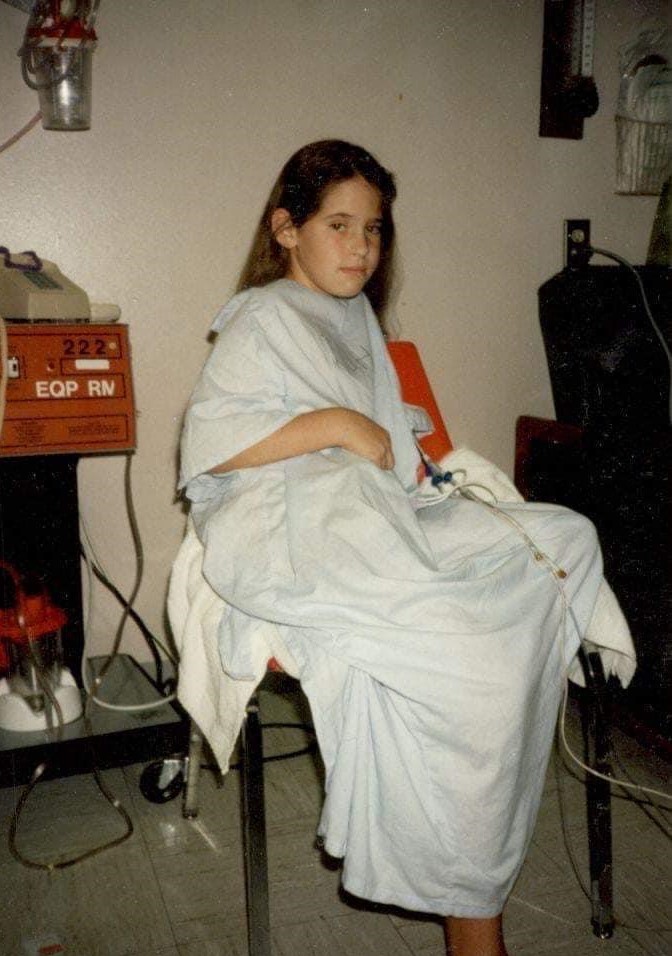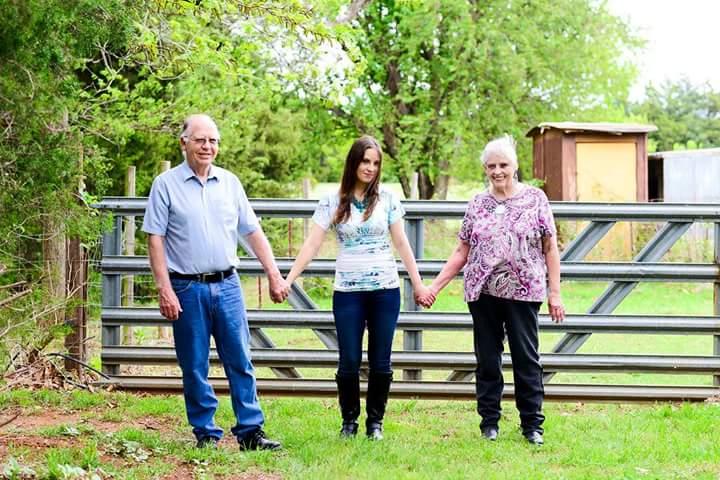 by Jenny Jones
by Jenny Jones
Life’s a Polyp
Mental health disparities are a significant issue across the board for minorities whether it be racial/ethnic, gender, or sexual resulting in poor mental health outcomes for these populations. There are many variables that contribute to these disparities and when mental health disparities are combined with medical disparities, they begin to fuel one another perpetuating the cycle for lifelong effects to occur. This cycle will likely only worsen with time as the U.S. Census reported in 2015 that the U.S. population is expected to further diversify and by 2044, more than half of Americans will likely belong to a minority group (Source: https://www.psychiatry.org/File%20Library/Psychiatrists/Cultural-Competency/Mental-Health-Disparities/Mental-Health-Facts-for-Diverse-Populations.pdf)
I am a Cis White Woman with Native American ancestry and the medical experiences I endured as a female child significantly impacted my mental health even to this day. My mother has the rare hereditary colon cancer syndrome Familial Adenomatous Polyposis (FAP). My parents were aware of the possibility that I would inherit FAP, and this was another reason why they took my chronic abdominal pain as a child extremely seriously. However, due to my sex and age, my parents were repeatedly told by medical providers that there was nothing wrong with me and that I was “just a whiny child”. These dismissals of my symptoms repeatedly placed my life in danger delaying the urgent medical care and treatments I needed. These occurrences in combination with medical trauma I experienced resulted in medical PTSD that I am continuing to heal from nearly 30 years later.
As part of my medical PTSD, I have severe mistrust of medical providers until they earn my trust. In fact, due to the severity of my mistrust and anxiety, my pediatric GI specialist kept me as a patient until I was 30, when she retired. When I am presented with new providers for the first time, I typically experience an anxiety attack including crying prior to and during my appointment. My mistrust and fears have been further enforced by male providers dismissing my medical experiences and knowledge of my own body and health conditions as well as
mocking me for my medical PTSD as an adult. I strongly believe these occurrences were also due to my sex.
As a result of my combined experiences, I lived with intense depression and anger that left me suicidal and homicidal for 5 years following my first surgery at age 9. It wasn’t until I was a teenager that I began to receive mental health care via counseling and medication management. If I had received mental health care upon my rare disease diagnosis and especially after experiencing medical trauma, my mental health experiences would have been significantly different. To this day, I still struggle with my PTSD, experiencing bouts of depression and chronic anxiety as well as difficulty trusting providers for fear of being dismissed due to my sex. Fortunately, I presently have a great team of medical and mental health providers who help me continue to improve my mental and physical health.
Bio:
Jenny is a Rare Disease Advocate for Familial Adenomatous Polyposis and Short Bowel Syndrome. Her surgeries related to FAP started at age 9 and after experiencing life threatening complications, she developed medical PTSD, lived with an ileostomy for 6 years before having it reversed and has survived 8 surgeries to date. Through Life’s a Polyp, she focuses on raising awareness and patient empowerment. She started the NORD FAP Research Fund in 2015 and donates profits from Life’s a Polyp Shop and her FAP Children’s Book
– Life’s a Polyp with Zeke and Katie. You can find Jenny at www.LifesaPolyp.com and across social media platforms @LifesaPolyp

Jenny, while recovering from one of her surgeries as a child.

Jenny with her supportive parents.

Stay Connected
Sign up for updates straight to your inbox.
